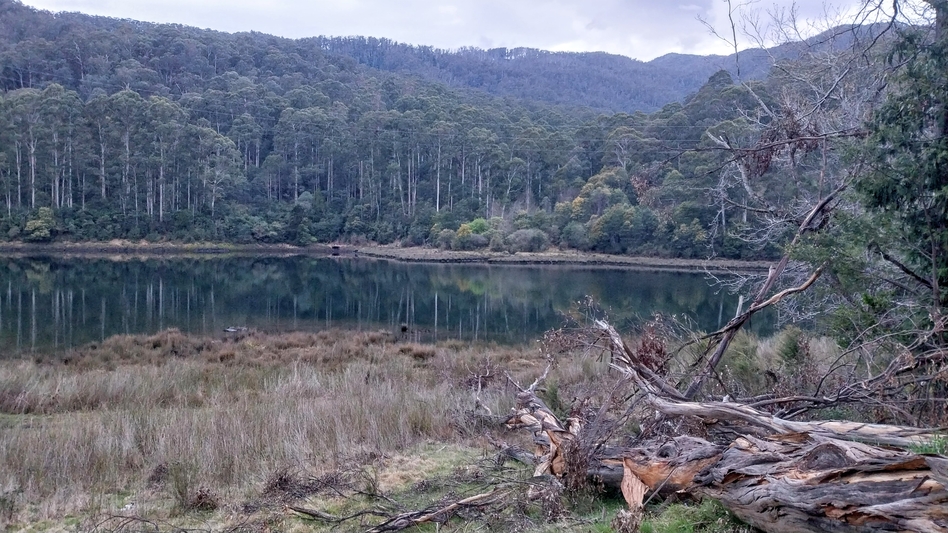(07.10.2024)
How does listening invoke a sense of purpose in our being? When the strong wind brushes against our face, when the drizzling rain caresses the wounded soul, when the forest floor whispers to us about healing, or when the bird calls make us aware of a reality entirely different from ours—how do we breed empathy? How do we engage with the act of listening and the positionality of the listener? The fragmented world we live in doesn't allow us to be free, but listening as being—listening with the body, listening as a sensory experience of the inside and outside—leads us along a path toward freedom. In connection with the natural world and with each other, within the diversity of life and movement, we find freedom.
Outside my room is an alpine mountain village. I am located at the Bogong Centre for Sound Culture. What quest has brought me here? I don’t know the answer, but as I listen to the birds, wind, rain, clouds, and the myriad dimensions of life and geophysical forces at work in this mountain village, I begin to understand the many relationships I can share with the environment. Through this process of understanding, I also start to find purpose and a sense of belonging in my quest. The ever-changing environment takes me on a journey of interconnected explorations. What we often forget while living in a city is that our existence is always in relation to other beings. The situated experience of this quaint hamlet up the mountain—Bogong—helps me listen with and in relation to the environment we are inherently part of.
The tactile and material quality of sound draws me closer to the vibrant presence of life in my surroundings. Numerous bird species, like the Yellow-faced Honeyeater, Australian Magpie, Pied Currawong, Spotted Pardalote, Little Wattlebird, Superb Fairywren, White-browed Scrubwren, Australian King Parrot, and Laughing Kookaburra, have their home and habitat here. Their vocalisations and expressions have entranced me, igniting a deep desire to connect more profoundly with the more-than-human world. On the other hand, the absence of a human population in the village sometimes invokes a feeling of abandonment and isolation. This dichotomy of abundance and abandonment has a song of its own, harmonising with the rumble of the clouds and the incessant rain. As I listen to the empty branches of the towering trees rustle and sway, negotiating a rather wet and windy spring, I continue to question my presence and purpose as I navigate this new environment.
